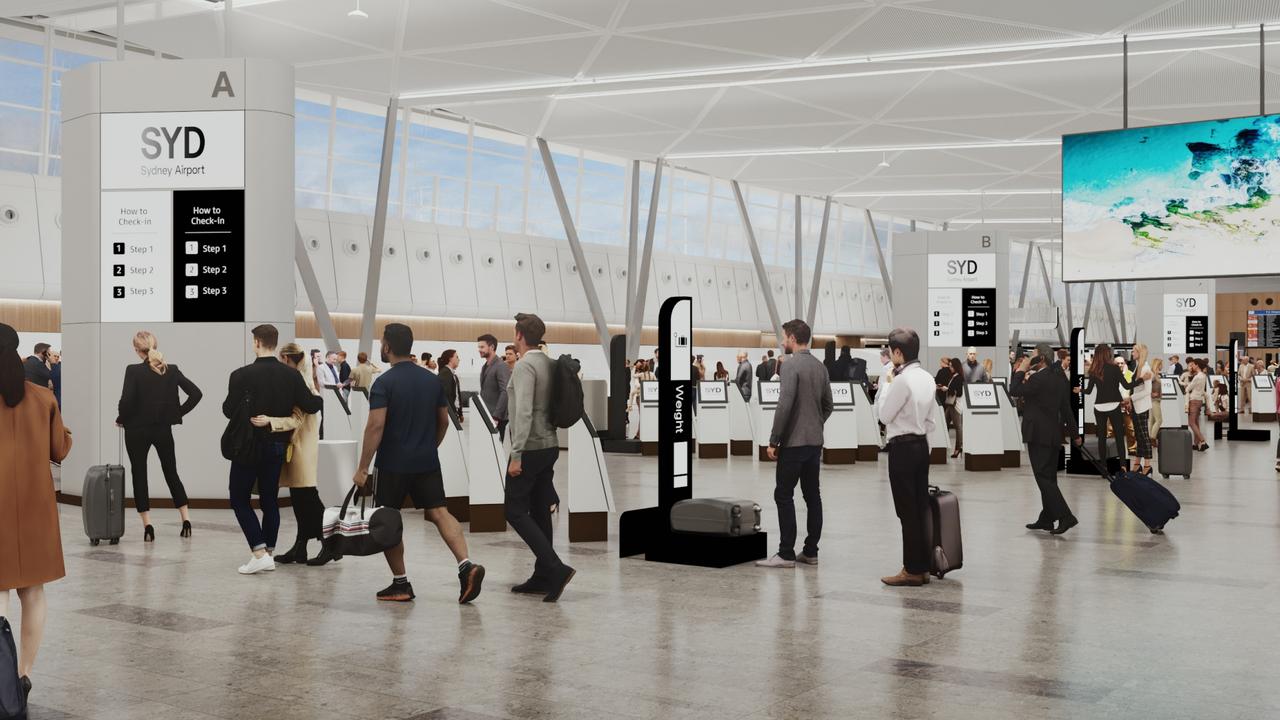Clip wings of airports’ monopoly, ACCC tells inquiry
The corporate watchdog says more needs to be done to stop airports exploiting their market power at consumers’ expense.
The organisation responsible for monitoring prices at Australia’s four biggest airports says more needs to be done to stop them exploiting their market power at consumers’ expense.
The Australian Competition & Consumer Commission’s submission to the Productivity Commission inquiry into the economic regulation of airports calls for commercial arbitration to even up the bargaining power in negotiations with airlines.
ACCC chairman Rod Sims said some form of regulation was needed to address high aeronautical charges imposed on airlines, which had no option but to pay to use the major gateways.
Figures quoted in the ACCC submission show airlines paid an additional $1.3 billion in aeronautical charges to Sydney, Melbourne, Brisbane and Perth airports over the past 10 years.
“It stands to reason that someone with a monopoly position is going to price and behave accordingly, so what we’re saying is, let’s put a logical curb on that to get a more efficient outcome and benefit consumers,” Mr Sims said. “I don’t think having recourse to commercial arbitration is much of a burden — it really just balances out the bargaining power.”
While airports insisted aeronautical charges formed only a small portion of airfares, Mr Sims was confident lower charges would mean cheaper fares. “If airlines’ cost base goes down I think the logical outcome is that prices would go down,” he said.
The ACCC also wants to expand its monitoring of car-parking costs.
Mr Sims said it was in an airport’s interest to raise charges on people who provide alternatives to parking, such as hire cars, taxis and off-airport parking.
“We think we can be helpful to consumers by helping them understand their options and also to monitor how the competitors to airport parking are being treated,” he said.


